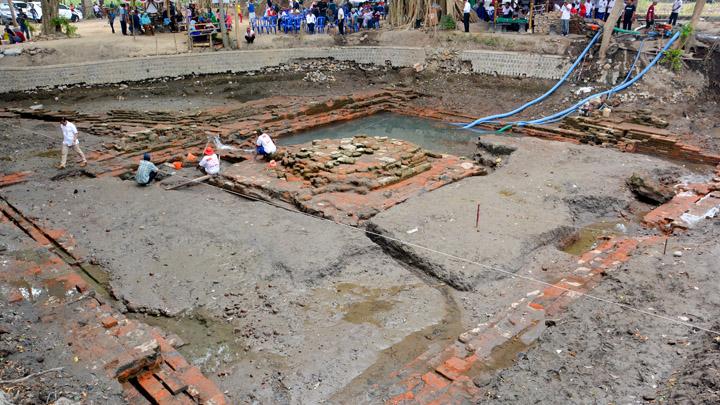
TEMPO.CO, Jakarta - Roslina and her husband, both Indonesian migrant workers at an oil palm plantation in Sabah, may not have enough money to send their son to university. Still, Roslina is grateful that both her children have access to basic schooling, an opportunity not many children of migrant workers have.
Her eldest son, who attended high school in Tawau, on the border of Nunukan in Kalimantan and Sabah in Malaysia, has just returned home after completing his studies. Roslina's youngest is a middle school student.
Roslina left for Malaysia from Tana Toraja, South Sulawesi, in 1997. She and her husband wanted to get better jobs with higher pay in Malaysia so that they could send their children to school.
At first they were able to send their children to a public school in Malaysia. But a few years later, Roslina, 38, said, a new regulation emerged that required children to own a student pass in order to enroll in a public school. "I tried to obtain one but couldn't, because [my children] are not Malaysian and didn't have all the necessary documents," she said.
Roslina recalled how worried she became, thinking how they would have nothing to do all day when she and her husband went to work at the plantation. She also believed only with education could her two children have a better life.
One day, she heard of an Indonesian school managed by a former migrant worker, Veronika Sedo Barek. "I thought that could be the answer to our problem. I immediately went to the school and registered both my children," said Roslina.
She was pleased to learn that Veronika's school applies Indonesian curricula and all the subjects are taught in Indonesian. She figured, attending the school was one way her children could get to know about their home country.
Unfortunately, schools for children of migrant workers in Sabah are only available up to ninth grade. Like her eldest, those wishing to attend high school had to go to the one in Tawau, on the border of the two countries.
Roslina hopes the Indonesian government will pay more attention to migrant children in need of education in Sabah. "I want the quality [of education] to be improved as well, so that the children here can have the same education level as their counterparts over there [in Indonesia]," she said.
Like thousands of others from her hometown, Adonara, in East Nusa Tenggara (NTT), Veronika Sedo Barek wanted to improve her life by working in Malaysia, where she could be sure of earning more money working a bluecollar job. In 1991, she elected to move to Keningau, Sabah, because her husband had gone there before her to work at a plantation. "I decided to follow him as I could not find any work in the village where I lived," she said.
Arriving in Sabah, Veronika got a job as a nanny for a family who lived near the plantation where her husband worked. Only 19 at the time, Veronika gave birth to her second child while in Malaysia. She divided her time between caring for her employers' children and her own two very young infants.
She came to realize that many of the children of Indonesian migrant workers in the area were illiterate. "I felt bad about the situation because I also had two kids," she said. Veronika related how under Malaysian law, children with no student pass could not attend local schools.
She took the initiative to gather children to her house whenever she had free time, and taught them to read and count. "I started by inviting the offspring of my close friends," she said. Many of the parents themselves never finished school, she recalled, which was why the children did not receive instruction at home in the first place. She herself had been fortunate enough to finish high school in Adonara.
Initially, only five or six children between five and 12 years of age came regularly to her small house. Over time, other migrant workers heard about the nonformal classes and the number of children started to increase. "I could no longer accommodate them all in my tiny home," she said. (*)
Read more inspiring Outreach stories in Tempo English Weekly News Magazine























